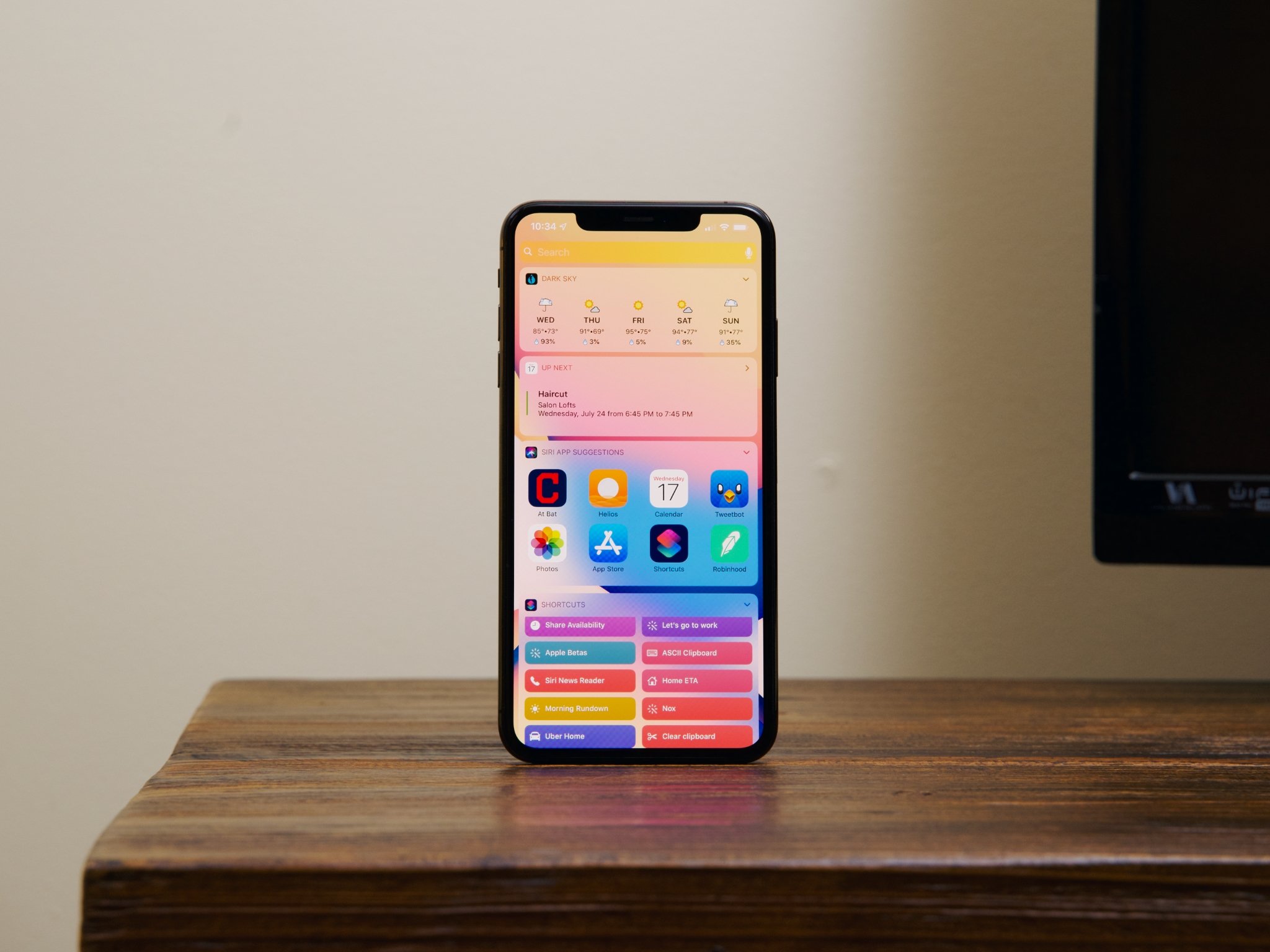Apple is acquiring majority of Intel's smartphone modem business

What you need to know
- Apple has confirmed it's acquiring the majority of Intel's smartphone modem business.
- The deal is valued around $1 billion and will include 2,200 Intel employees.
- The acquisition will allow Apple to have greater control over the components inside of its products.
Following a rumor earlier this week, Apple on Thursday confirmed an agreement to acquire the majority of Intel's smartphone modem business. The move will see Apple acquire intellectual property, equipment, and 2,200 Intel employees.
According to Apple, the transaction is valued at around $1 billion and is set to close in the fourth quarter of 2019 pending regulatory approval. Intel will continue to develop modems for non-smartphone applications, such as PCs and smart home devices.
In a statement, Apple's Senior Vice President of Hardware Technologies, Johny Srouji, said how excited the company is about the acquisition.
Apple is excited to have so many excellent engineers join our growing cellular technologies group, and know they'll thrive in Apple's creative and dynamic environment. They, together with our significant acquisition of innovative IP, will help expedite our development on future products and allow Apple to further differentiate moving forward.
With the majority of Intel's smartphone modem business, Apple will hold over 17,000 wireless technology patents, from protocols for cellular standards to modems architecture. With modems being made in-house, Apple will be on its way to producing its own 5G modems for smartphones.
"This agreement enables Intel to focus on developing technology for the 5G network while retaining critical intellectual property and modem technology that our team has created," said Inte CEO Bob Swan. "We have long respected Apple and we're confident they provide the right environment for this talented team and these important assets moving forward."
The acquisition also means Apple will be less reliant on Qualcomm in the future. The two companies were previously involved in a series of bitter legal disputes before agreeing to a settelment. As a result, Apple turned to Intel for the smartphone modems that live inside the iPhone XS, XS Max, and XR.
iMore offers spot-on advice and guidance from our team of experts, with decades of Apple device experience to lean on. Learn more with iMore!

